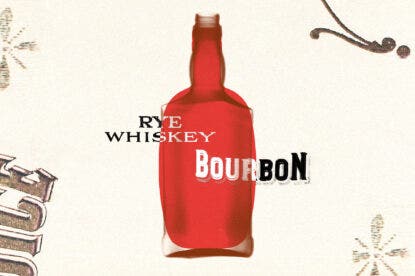In everyday language, the term austere might conjure an image of something harsh or strict. But what does it mean when someone uses the word to describe the wine swirling in their glass?
“When I say that a wine is austere, I mean that the wine has little to no aromas, it’s tight, lean and mean, usually cutting acidity,” says Amy Wright, wine educator and buyer at Le Dû’s Wines.
The descriptor could also indicate details about a wine’s origin or age.
“It might come from a cooler climate, be higher in acidity and/or tannin, and have a more toned texture [or] body,” says Victoria James, partner and beverage director for Gracious Hospitality Management, which includes Cote restaurants. “Possibly also that it is young and needs time to open or age further.”
Wine professionals generally agree that austere wine is acidic, tight and possibly tannic, with rather muted or subtle aromas and flavors. For some, this is a negative. Others believe it indicates that the wine could blossom over time.
So what makes austere wines so uptight with acid, tannins and toned bodies to boot?
“Definitely the time spent on skins, as well as when the grapes are picked—at what brix level—and the aging process,” says James.
Wright notes that many regions are harvesting earlier in response to climate change and the popularity of low-alcohol, high-acid wines. While she enjoys the style, she worries that some grapes are harvested too early, “and all the aromatics are completely sacrificed,” she says. “So, then we’re left with texture… but it doesn’t taste like much of anything.”
What should you do if you find yourself with a textured bottle of wine that doesn’t smell or taste like much of anything?
Try changing how you serve it.
“The first thing I pay attention to is service temperature, especially with white wine,” says Wright. “Sometimes it’s just too cold and the aromas are muted. In that case, I hug the bowl of the glass with both palms and swirl until it warms up a bit.”
You can boost aromas by decanting, too. Or, James says, consider pairing an austere wine with a lush dish for balance.
“Young Barolo can soften with a creamy and rich Piedmontese risotto,” she says. “You essentially need something that adds flesh to the bones of the wine.”
Published: November 16, 2021















